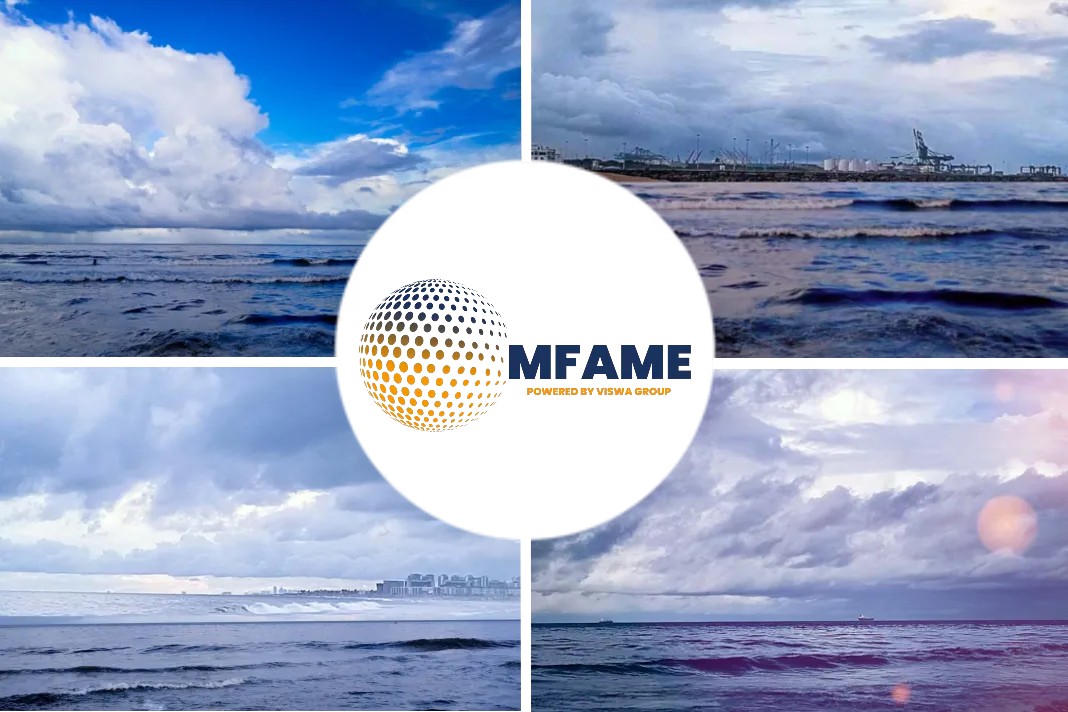
Following increases in the issues with the carriage of scrap metal cargo, NorthStandard P&I Club has highlighted the need for extra vigilance at loading, says an article published on IIMS.
Main reason
The IMSBC Code states that scrap metal should be kept as dry as possible before loading and not loaded in the rain. The main reason for this is that when scrap metal is wet it will accelerate the oxidisation process.
Should the cargo contain swarf, turnings, or other contaminants such as timber or rags, this can lead to fire.
Recent incidents and reports
From various recent incidents and reports, NorthStandard attributes the causes of these incidents are due to a combination of factors:
– The cargo is sprayed on loading: Stevedores or longshoremen may spray the cargo on load to reduce dust generation.
– The cargo is loaded during rain: Sometimes there is a request to load the cargo in rain, with shippers/charterers offer to issue a ‘rain letter’ in exchange for owners agreeing to continue loading. This should be resisted as P&I cover is at risk where an owner loads or discharges a cargo in the rain in circumstances where it was entitled to refuse to do so. In such circumstances a rain letter, under which the issuer indemnifies the carrier against the consequences of loading or discharging in the rain may stand as an alternative to cover.
– The cargo contains swarf: Often there is a large proportion of swarf, cuttings, borings and shavings in the cargo which means that the cargo does not meet the requirements to be considered a Group C ‘SCRAP METAL’ cargo.
– The cargo contains contaminants: Typically, the cargo is contaminated with rags or timber. However, more recently in Ghent there have been more instances of lithium batteries being found in the cargo. The presence of these contaminants significantly increases the risk of fire once heated. On one occasion issues were caused by a scrap metal cargo containing gas canisters which still contained flammable gas.
NorthStandard advises that cargo should be closely monitored for swarf, contaminants and to avoid loading in rain.
Did you subscribe to our daily newsletter?
It’s Free! Click here to Subscribe
Source: IIMS





















